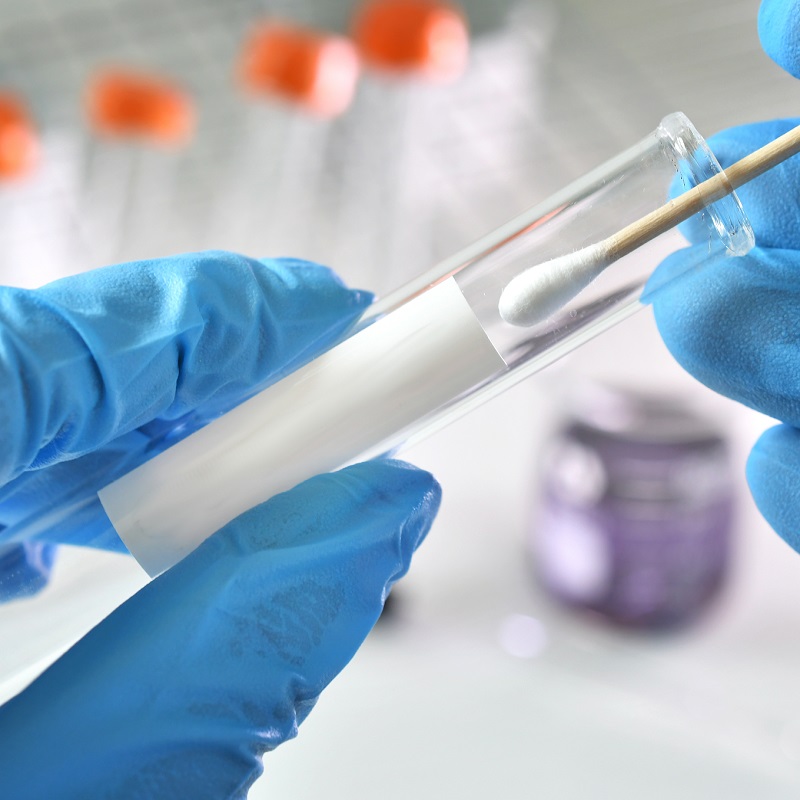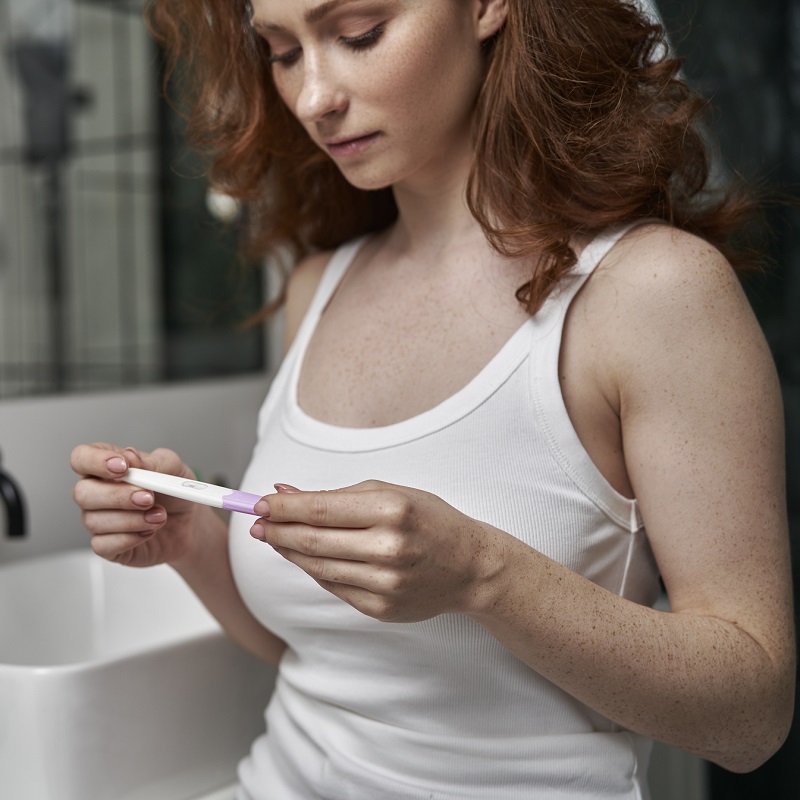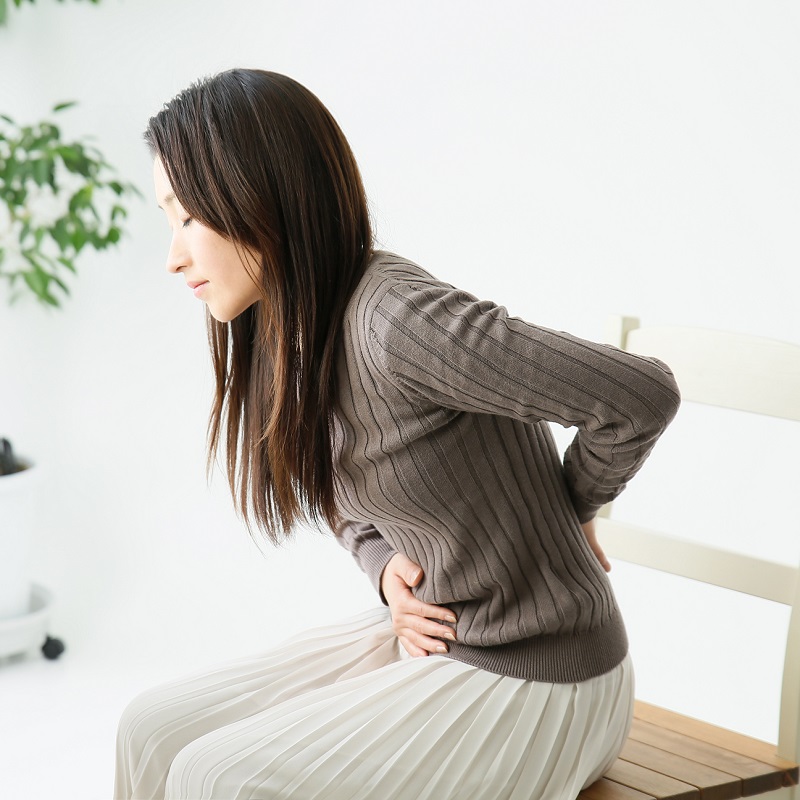Fibroids are a common problem for many women and it’s important to seek treatment when they cause issues such as pain or excessive bleeding. Most uterine fibroids aren’t cancerous, but they should still be properly treated to minimize symptoms. At Southwest WomanCare OBGYN in Houston, Texas, Dr. Cindy Bui helps patients get free of fibroids and the problems they can cause.
Fibroids Q & A
What are fibroids?
 Fibroids are growths within the uterine walls. In the vast majority of cases, fibroids are noncancerous, but they can still cause severe cramps, heavy bleeding, and infertility issues for women who have them. Fibroids can vary in size from tiny (pea-sized) to huge (melon sized.) While fibroids occur in many women at some point in their life, they don’t always cause symptoms. If fibroids start to cause symptoms, prompt treatment is critical.
Fibroids are growths within the uterine walls. In the vast majority of cases, fibroids are noncancerous, but they can still cause severe cramps, heavy bleeding, and infertility issues for women who have them. Fibroids can vary in size from tiny (pea-sized) to huge (melon sized.) While fibroids occur in many women at some point in their life, they don’t always cause symptoms. If fibroids start to cause symptoms, prompt treatment is critical.
How do fibroids impact pregnancy?
Small to medium size fibroids don’t typically cause any additional problems during pregnancy. However, larger fibroids can cause problems for mom and her baby in some cases. If there’s severe fibroid growth, a c-section delivery may be the best option. Since fibroids can increase risk for placental abruption or premature birth, it’s always best to treat them before getting pregnant if at all possible.
How are fibroids found?
Fibroids are usually found during a gynecology checkup. Part of a pelvic exam involves manual palpation of the pelvic and lower abdominal areas, and Dr. Bui may discover the fibroids at this time. However, to verify the exact location and size of the fibroids, ultrasound or MRI imaging is usually needed.
Who is at risk for developing fibroids?
Any woman who’s in her childbearing years is at risk for developing fibroids. They’re most common in women in their 30s and 40s. If a close family member has fibroids, you have increased genetic chances that you may develop them, too.
What are the effects of fibroids?
This can vary from one patient to another. Many women have no symptoms at all, but others may have a number of difficult symptoms. Some of the most common signs of fibroids include:
- Severe cramps
- Infertility
- Very heavy bleeding during menstruation
- Irregular menstrual cycles
What is the treatment for fibroids?
If there are no symptoms, Dr. Bui may recommend monitoring the fibroids but not treating them immediately. Patients who have serious symptoms may benefit from medication like gonadotropin releasing hormone agonists or birth control pills. Injections of progesterone every three months may help when symptoms are moderate to severe. In the most serious cases, surgical fibroid removal may be needed.















